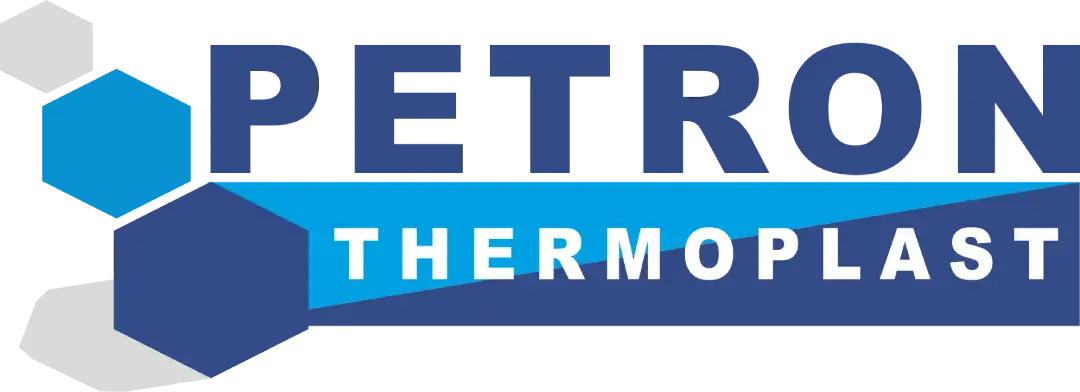
PolyPropylene Plastic Fabrication
Polypropylene, or polypro, is a versatile thermoplastic manufactured by combining propylene monomers. This material is available in homopolymer and copolymer forms and has the following properties:
- Low density
- Resists impact
- Non-toxic
- High tensile strength
- No moisture absorption
- Resists most acids, alkalis, degreasing agents and organic solvents
- Non-staining
- Lightweight
- High stiffness
- Withstands heat
- Easy to weld
- Simple to machine
- UV resistant
Propylene Homopolymer Applications
Propylene homopolymer (PPH) stands as a versatile substance, showcasing notable traits such as robust defense against corrosion, impressive tensile strength, and rigidity under heightened temperatures. Furthermore, it boasts exceptional resilience against organic solvents, degreasing agents, and electrolytic deterioration. Weighing lightly on the scale and endowed with a peak temperature threshold of 210 degrees Fahrenheit, propylene homopolymer emerges as the perfect candidate for a diverse array of uses. Instances of its application encompass:
- Plenums and manifolds
- Secondary containment
- Valve bodies
- Plating and anodizing process equipment
- Pump components
- Storage tanks


Propylene Copolymer Applications
Closely resembling propylene homopolymer in numerous aspects, propylene copolymer (PPC) exhibits slightly lower heat resistance but excels in impact strength. Additionally, it demonstrates heightened resistance against stress cracking and maintains its toughness under low temperatures. Typical uses encompass:
- Die cutting pads
- Water and foam tanks
- Plating and anodizing process equipment
- Fabricated parts
- Hinges
- Containment tanks
